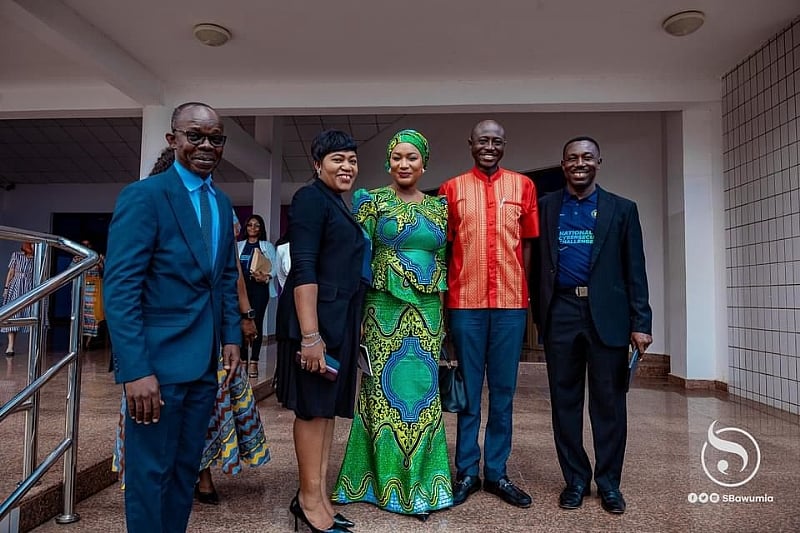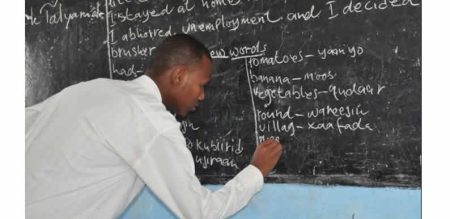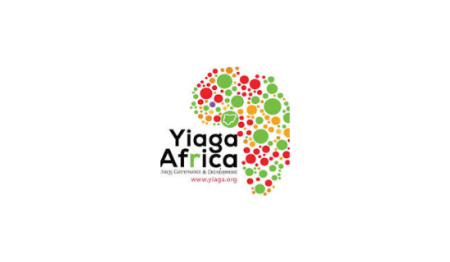The Ghana Internet Safety Foundation (GISF) has reacted positively to the recent launch of the Ghana Child Online Protection Framework, calling it a pivotal regulatory measure aiming to safeguard children in the online space. Emmanuel Adinkra, the foundation’s president and chief information security officer, underscored the framework’s potential to transform internet interactions for children, promoting both safety and the development of healthy digital habits. Given the increasing reliance on the internet for educational, entertainment, and social experiences, children are more susceptible to various online risks. Adinkra emphasized the urgency of implementing protective measures against threats such as cyberbullying, exposure to inappropriate content, online predators, privacy risks, and misinformation. The need for such a framework is highlighted by the current landscape of children’s online engagement, necessitating effective strategies to ensure a secure and positive digital experience.
The National Child Online Protection Framework was officially launched on October 18, 2024, by Ghana’s Second Lady, Mrs. Samira Bawumia, during the finale of the 2023 National Cybersecurity Challenge held at the University of Professional Studies, Accra. This initiative, developed in alignment with the frameworks of the International Telecommunication Union (ITU), WeProtect Global Alliance, and UNICEF, is designed to confront and mitigate cybersecurity threats, including cyberbullying and online abuse, that children face in Ghana. The launch event, themed “Empowering Young Minds: Creating Opportunities, Promoting a Safer Digital Ghana,” highlighted the importance of developing cybersecurity awareness among the youth. The competition was a collaborative effort between the Cyber Security Authority (CSA), the Ministry of Communication and Digitalisation, and other stakeholders, further promoting a collective responsibility towards online safety for children.
In her address, Mrs. Bawumia stressed the significance of the Child Online Protection Framework in response to the escalating cybersecurity challenges posed to children, as evidenced by alarming statistics from Microsoft’s Global Online Safety Survey. She noted that a substantial 49% of teenagers globally encounter serious negative online experiences, such as harassment and cyberbullying. The framework, according to her, is comprehensive and acknowledges the multifaceted nature of online safety, aiming to tackle the specific challenges children encounter in the digital age. She called for strengthened collaboration among various stakeholders to effectively address the emerging cybersecurity threats affecting children.
Additionally, Dr. Albert Antwi-Boasiako, Director General of the CSA, articulated that the implementation of the framework would bolster the authority’s efforts in ensuring digital protection for Ghanaian children. He announced that regulatory measures supporting the framework would be finalized by year-end, in line with the Cybersecurity Act of 2020. Plans are also in place to establish a National Steering Committee for the National Cybersecurity Challenge, which aims to provide strategic guidance and foster an inclusive approach towards selecting participating senior high schools. With these initiatives, the CSA aims not only to safeguard children online but also to involve schools and educational institutions actively in promoting digital safety.
The urgency of protecting children from the risks associated with digital interactions has intensified as the internet has become an integral part of daily life. Acknowledging this reality, the ITU launched the Child Online Protection (COP) initiative in 2008, targeting online child sexual exploitation and abuse (OCSEA) and other related cyber threats. Given the inherently global nature of the internet, effective child protection necessitates coordinated actions across national and international spheres. The new framework in Ghana is crucial in aligning the efforts of government, civil society, educators, parents, and the private sector, ensuring a collaborative approach toward preventing online abuse and exploitation.
In summary, the National Child Online Protection Framework represents a significant advancement in addressing the complexities of child safety in an increasingly digital world. By providing a structured approach, the framework facilitates cooperation among stakeholders, guiding them towards common objectives in protecting children against online dangers. The Ghanaian government’s commitment to establishing a safer digital environment for its younger population reflects a recognition of the importance of collaborative efforts in tackling cybersecurity threats. As the framework is implemented, it is poised to contribute positively to a secure online ecosystem, essential for the well-being and future of Ghanaian children.














